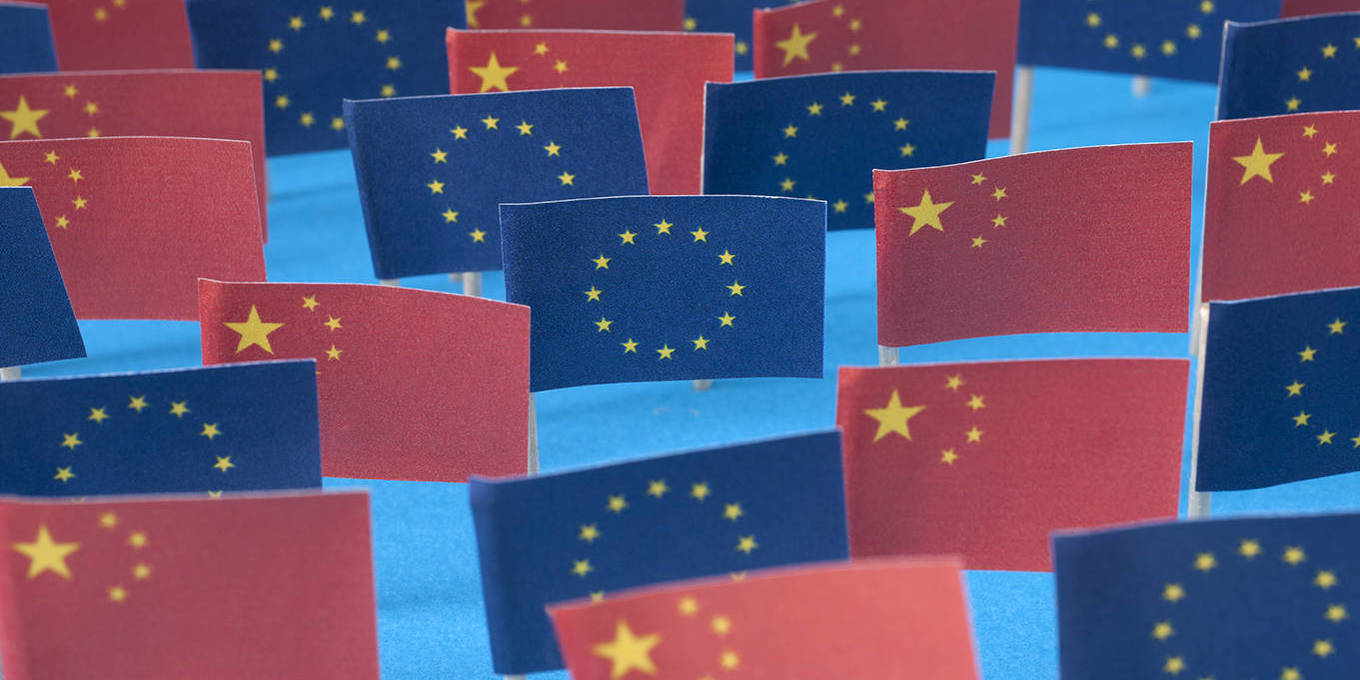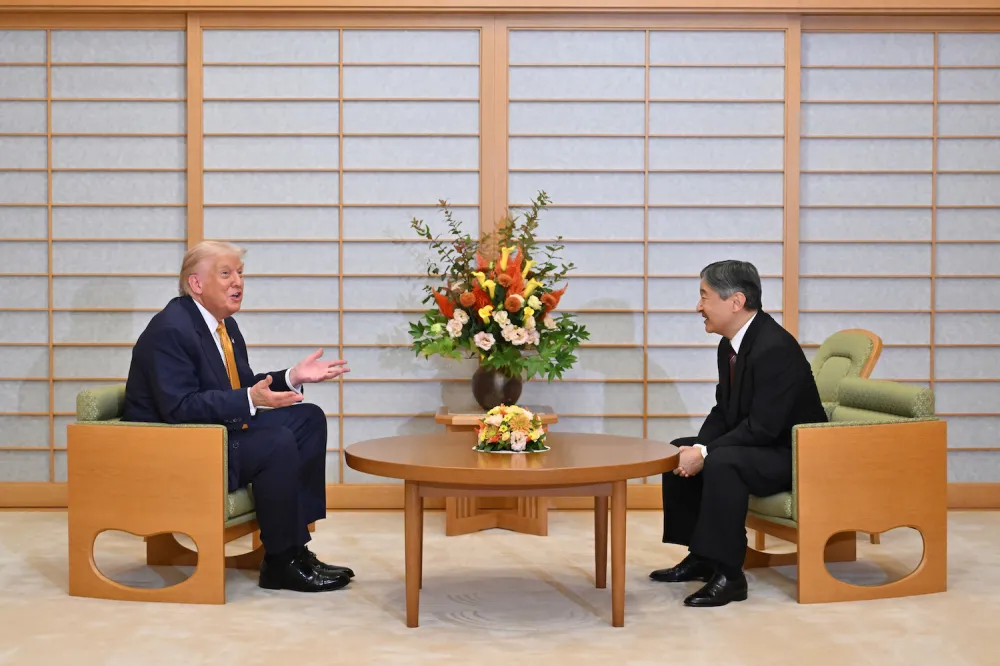Copyright Project Syndicate

GENEVA/PARIS – In early 2021, the European Union shelved the Comprehensive Agreement on Investment it had negotiated with China after the United States signaled its disapproval. At the time, deferring to the new US administration seemed prudent, because Europe was eager to rebuild transatlantic unity after Donald Trump’s first term. For a while, it looked like a wise move: US President Joe Biden soon rejoined the Paris climate agreement and proclaimed that “America is back.” To be sure, the relationship between Europe and the Biden administration was not frictionless, especially after passage of the Inflation Reduction Act, which mobilized tens of billions of dollars to support US industries. Overall, though, transatlantic disputes were contained, and America’s steadfast support for Ukraine appeared to have shored up transatlantic relations. But since Trump’s return to the White House, transatlantic solidarity has again curdled into strategic vulnerability. Sweeping US tariffs have hurt friends and foes alike. Fearing a complete withdrawal of US military support for Ukraine (or worse), European Commission President Ursula von der Leyen agreed to a one-sided handshake trade deal with Trump in Scotland. Meanwhile, the US has continued to dismantle the postwar order, regarding it as what Secretary of State Marco Rubio calls a “weapon being used against us.” After again withdrawing the US from the Paris agreement, Trump is actively undermining renewable energy and climate action more broadly. In mid-October, the US unilaterally sabotaged a recently agreed International Maritime Organization compact on reducing emissions from shipping; and this month, it will do what it can to derail an ambitious agreement at the United Nations Climate Change Conference (COP30) in Brazil. Tragically, with the world missing meaningful chances to keep global temperatures near the Paris targets, the risk of a deeper unraveling has grown. That may suit US short-term interests and the fossil-fuel lobbies, but it will spell disaster for the planet – especially the most vulnerable developing countries. The one point on which Republicans and Democrats agree is that China must not be allowed to supplant the US as the de facto leader of the international order. While the latest rapprochement between Trump and Chinese President Xi Jinping may de-escalate bilateral tensions for a while, it certainly does not change the nature of a rivalry that will shape international relations for many years, if not decades. Faced with American nationalism and Chinese assertiveness, Europe can no longer afford strategic passivity. Despite its economic weight, it has not been a player in this game, and certainly not in the contest for global dominance. As a supporter of a rules-based international order, Europe cannot side comfortably with either China or Trump’s America. But in an increasingly multipolar world, it does have enough clout to tilt the balance one way or another. While it has so far sided with the US, the Trump administration’s unpredictability and belligerence give Europe reason to consider alternative options. Yes, the EU has its own grievances vis-à-vis China. But the two also have ample common ground, not least when it comes to climage change and the energy transition. As the world’s top emitter of greenhouse gases and top producer of clean tech, China’s manufacturing future hinges on the success of the global green transition. China and Europe thus share a strategic interest in advancing the climate transition across emerging markets and low-income countries. After all, the fate of the climate – and of the natural environment – increasingly depends on developing economies, which already account for the bulk of current and future emissions. If their growth continues to be powered by fossil fuels, the resulting climate-driven damage will impose mounting costs on everyone. As we show in a recent policy paper, it is far more cost-effective to help emerging markets and developing economies expand through renewable energy than to pay for rapidly increasing climate-related costs. To that end, a pragmatic partnership between Europe and China could help not only Europe and China, but all current and future generations. What would it take to pull it off? Given low mutual trust, several conditions must be met. First, trade frictions must not become a stumbling block as Chinese net exports surge (owing to weak domestic demand), and as trade is redirected away from the US and toward Europe. To prevent increased frictions, both sides must show maturity and agree on a clear quid pro quo. As French and German economists proposed in a recent memo to both governments, Chinese access to the European market should be unconditional for certain goods such as solar panels, but still conditional on Chinese direct investment in, and technology transfers to, Europe for goods like electric vehicles; at the same time, imports should remain severely restricted in certain industries deemed critical for national security. The second and most challenging condition is geopolitical. Most Chinese analysts regard Europe as a mere vassal of the US, and see the war in Ukraine as a conflict between the latter and Russia over their relative spheres of influence. Europeans, of course, have a different reading. They see Russia as an aggressive neo-imperial power that aims to get its hands on Europe if it can manage to neutralize Ukraine. In a context where the US is increasingly fixated on Asia and the rivalry with China, the Kremlin’s brazen hybrid war on Western Europe makes its intentions clear. A trade and climate partnership would serve the common interest of both China and Europe. But it can be envisioned only if China ends its support for Russian aggression and adopts a more neutral stance. The quid pro quo would be that Europe asserts real strategic autonomy vis-à-vis the US. If Europe and China can meet these conditions, they can lay the foundation for a green, rules-based partnership – not against America, but in defense of the global commons and their own future.



